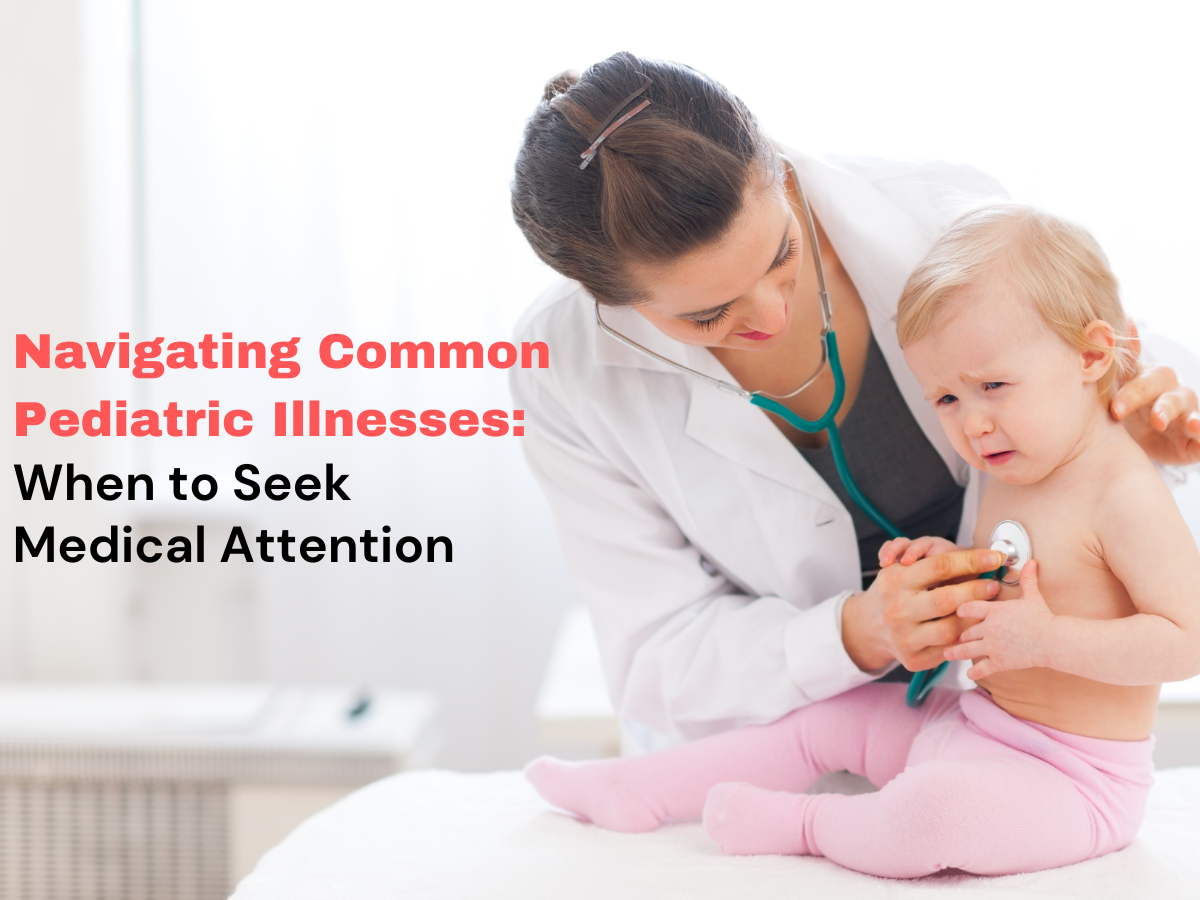Navigating Common Pediatric Illnesses: When to Seek Medical Attention
As parents, understanding when to seek medical attention for your child can be daunting. While many pediatric illnesses can be managed at home, recognizing the signs that indicate a need for professional care is crucial for your child’s health.
Common Symptoms to Monitor
Fever is one of the most common reasons parents seek medical advice. For infants under three months, a fever over 100.4°F (38°C) warrants immediate medical attention. In older children, a persistent fever lasting more than three days or accompanied by other concerning symptoms—such as rash, difficulty breathing, or dehydration—should prompt a visit to the doctor.
Coughs and colds are typical in children but watch for signs of a more serious respiratory issue. If your child has difficulty breathing, wheezing, or shows signs of distress, seek medical help. Additionally, a cough that persists for more than two weeks or produces green or yellow mucus may require evaluation.
Gastrointestinal issues like vomiting and diarrhea can also be common, but they can lead to dehydration, especially in young children. If your child is unable to keep fluids down, has blood in their stools, or exhibits signs of severe dehydration (such as dry mouth, lack of tears, or lethargy), it’s essential to contact a healthcare provider.
When in Doubt, Seek Help
Trust your instincts as a parent. If you’re worried about your child’s symptoms or if they seem unusually irritable, lethargic, or in pain, don’t hesitate to seek medical attention. It’s always better to err on the side of caution when it comes to your child’s health. By recognizing the signs of common pediatric illnesses and understanding when to seek help, you can ensure your child receives the care they need for a swift recovery.

